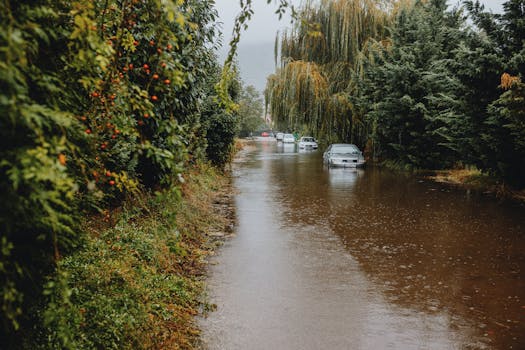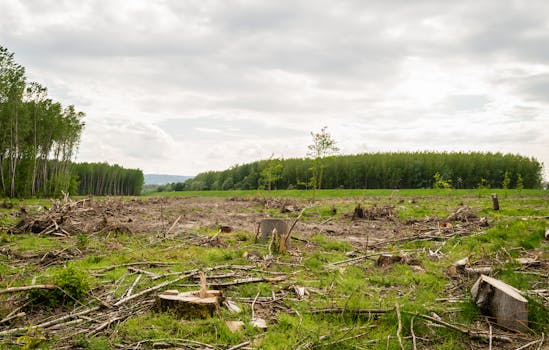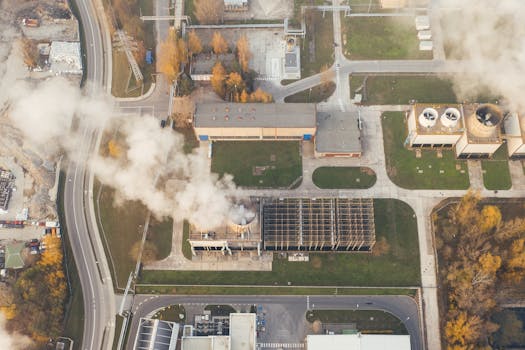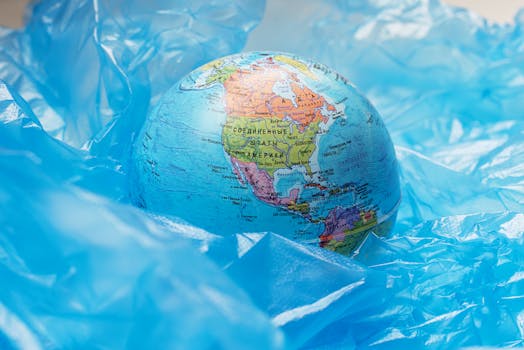
The Impact of Climate Change on Global Ecosystems
Climate Change: A Growing Concern

Climate change is one of the most pressing issues of our time, with far-reaching consequences for the health of our planet. The impact of climate change on global ecosystems is a particularly pressing concern, as rising temperatures, changing precipitation patterns, and increased frequency of extreme weather events alter the delicate balance of nature.
The effects of climate change on ecosystems are widespread and varied, from melting glaciers and sea-level rise to changes in the distribution and behavior of plants and animals. As temperatures rise, many species are struggling to adapt, leading to population declines, local extinctions, and even global extinctions.
Consequences of Climate Change on Ecosystems

The consequences of climate change on ecosystems are numerous and severe. Some of the most significant impacts include:
- Rising sea levels: Melting glaciers and ice sheets are causing sea levels to rise, leading to coastal erosion, flooding, and saltwater intrusion into freshwater sources.
- Changes in precipitation patterns: Shifts in precipitation patterns are altering the availability of water, leading to droughts in some areas and floods in others.
- Increased frequency of extreme weather events: Climate change is leading to an increase in extreme weather events such as heatwaves, wildfires, and storms, which can have devastating impacts on ecosystems.
- Loss of biodiversity: Climate change is leading to a loss of biodiversity, as many species are unable to adapt to the changing conditions.
Examples of Climate Change Impacts on Ecosystems

There are many examples of the impacts of climate change on ecosystems around the world. Some of the most notable include:
- Coral bleaching: Rising sea temperatures are causing coral bleaching, which is having a devastating impact on coral reefs and the many species that depend on them.
- Polar bears and sea ice: The reduction in sea ice is threatening the survival of polar bears, as they rely on the ice for hunting and breeding.
- Amazon rainforest: Climate change is altering the delicate balance of the Amazon rainforest, leading to droughts, wildfires, and changes in the distribution of plant and animal species.
Conclusion

In conclusion, the impact of climate change on global ecosystems is a pressing concern that requires immediate attention. Rising temperatures, changing precipitation patterns, and increased frequency of extreme weather events are altering the delicate balance of nature, leading to population declines, local extinctions, and even global extinctions. It is essential that we take action to reduce our carbon footprint, transition to renewable energy sources, and protect and preserve natural ecosystems to mitigate the effects of climate change.




